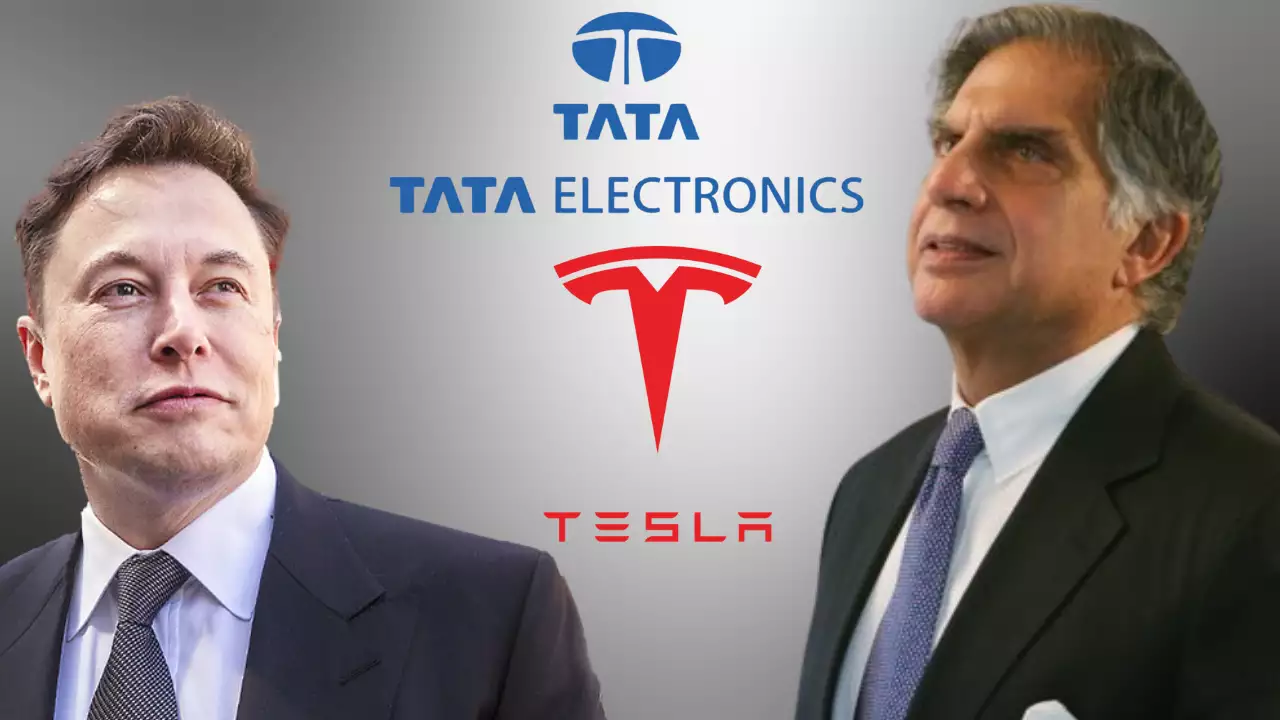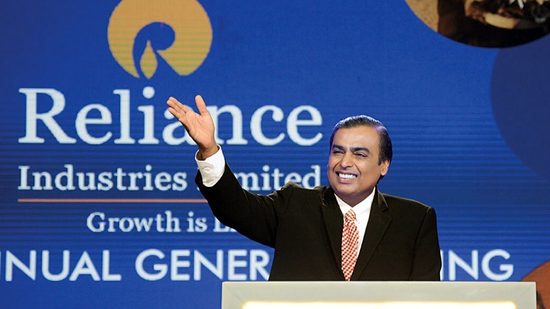
Tesla deal with Tata
In a groundbreaking development, Tesla, under the leadership of Elon Musk, has forged a strategic partnership with Tata Electronics, a subsidiary of the esteemed Tata Group. This collaboration aims to address global chip shortages by securing semiconductor chips crucial for Tesla’s electric vehicles. The deal not only underscores India’s growing significance in the semiconductor industry but also holds immense potential to boost the country’s economy through job creation, technology transfer, and innovation.
Revolutionizing India’s Semiconductor Industry

In a landmark move set to reshape India’s semiconductor landscape, Tesla, led by visionary entrepreneur Elon Musk, has inked a strategic agreement with Tata Electronics, a subsidiary of the renowned Tata Group. The deal, reportedly aimed at securing semiconductor chips crucial for Tesla’s electric vehicles, marks a significant milestone in India’s journey towards becoming a global hub for cutting-edge technology.
Addressing Global Chip Shortages
The collaboration between Tesla and Tata Electronics comes at a time when the global automotive industry is grappling with severe shortages of semiconductor chips, disrupting production schedules and hindering growth prospects. By partnering with Tata Electronics, Tesla seeks to mitigate these challenges and ensure a steady supply of essential components for its electric vehicles, bolstering its position in the fiercely competitive market.
Leveraging India’s Manufacturing Potential
India’s emergence as a preferred destination for semiconductor manufacturing has been accelerated by initiatives such as the government’s Production-Linked Incentive (PLI) scheme, which aims to boost domestic production and attract investments in key sectors, including electronics and electric vehicles. The collaboration between Tesla and Tata Electronics underscores the growing confidence in India’s manufacturing capabilities and its potential to drive innovation on a global scale.
Implications for the Indian Economy
The strategic partnership between Tesla and Tata Electronics is poised to have far-reaching implications for the Indian economy, creating opportunities for job creation, technology transfer, and skill development. It signifies a paradigm shift in India’s industrial landscape, positioning the country as a strategic partner for leading global players seeking to capitalize on its vast market potential and burgeoning talent pool.
Future Prospects and Challenges
While the Tesla-Tata Electronics deal holds immense promise for India’s semiconductor ecosystem, it also presents certain challenges, including the need for robust infrastructure, streamlined regulatory frameworks, and skilled manpower to support advanced manufacturing processes. Addressing these challenges will be crucial in harnessing the full potential of the partnership and positioning India as a formidable player in the global semiconductor market.
A Win-Win Collaboration
In essence, the collaboration between Tesla and Tata Electronics represents a win-win scenario for both parties, combining Tesla’s technological expertise and global reach with Tata Electronics’ manufacturing prowess and local insights. As India embarks on its journey towards self-reliance in semiconductor production, partnerships of this nature are poised to catalyze innovation, drive economic growth, and propel the country towards a brighter, more sustainable future.







